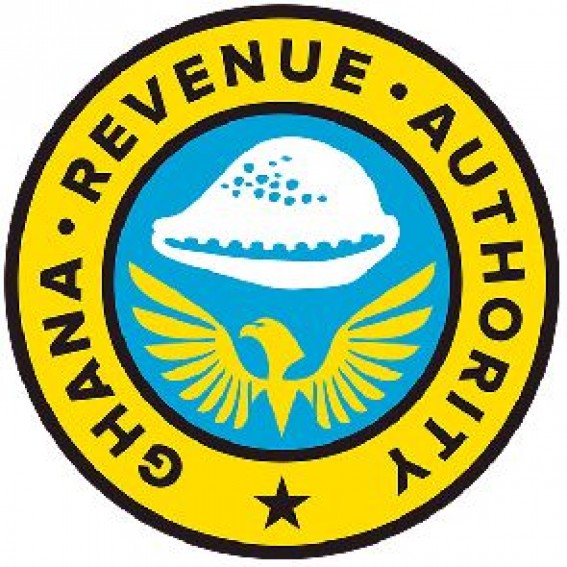The Ghana Revenue Authority (GRA) has told Citi Business News that the implementation of the excise tax stamp policy should not impede the paperless clearing system at the ports.
This is contrary to some concerns being raised by businesses at the ports that the policy has a potential threat to the efficiency of the paperless clearing process.
The excise tax stamp involves the fixing of stamps on all excisable products.
This also includes all such goods that are imported through the various entry points across the country.
The decision is to clamp down on tax evaders.
“With the current procedure we have, if you bring your goods normally, you will go through the clearance procedure and get cleared normally. But as I said it will be in your interest to ensure these are goods you’ve paid taxes and duties. Because you have paid duties and taxes, so as not to encounter any issues you’ll try to approach us to affix the stamp. Otherwise, when it comes to the point of verification you will have issues,” the Technical Advisor to the Commissioner at the GRA, Sam Akwesi Nyankyera told Citi Business News.
The policy has since Tuesday, January 2, 2018, been in operation at the Tema port as well as three other inland borders in the Volta region.
They are the Aflao, Kpoglo and the Akanu border points.
According to Mr. Akwesi Nyankyera, the automated systems should rather fast track the process.
“The GRA has contracted a service provider to do this. We have some automated machines and we have some manual machines as well to cater for all quantities. We have forklifts and we have a system connected to the clearance system, such that we don’t envisage serious problems. But should we have a serious problem we always have a fallback solution. Since we are involved, we can come up with ad-hoc solutions to address any unforeseen issue which I don’t foresee right now.”
Gov’t starts tax stamp policy amidst boycott
Government has stressed that the excise tax stamp policy will not add unto the tax burden of manufacturers and retailers even as it begins to roll out the policy.
According to the Ministry of Finance, the policy will encourage tax compliance while protecting the consuming public against harmful and unwholesome products.
A Deputy Finance Minister, Kweku Kwarteng earlier explained that his outfit will continue the dialogue to reduce any apprehension.
“All the things that have to be done in order to make this policy work will now be done. These will include; how we affix the stamps, how we engage, which other product we will rope in, among others. All those arrangements would have to be done,” he stated.
Mr. Kwarteng added, “Suggestions such as not having enough consultations yet the ministry is rolling the policy out today, we urge the taxpaying business community to exercise patience and to continue engaging with us as they have.”
Govt subsidises cost of tax stamps
Following the concerns that the implementation of the tax stamp will add unto the cost of production of businesses, the government has initiated measures to reduce the burden.
As a result, the cost of affixing the stamp has been absolved by the government from now till June 2018.
Subsequently, government will be expected to bear at least half of the cost between June and December 2018 until it eventually weans itself from bearing any cost.
Source: citifmonline.com
